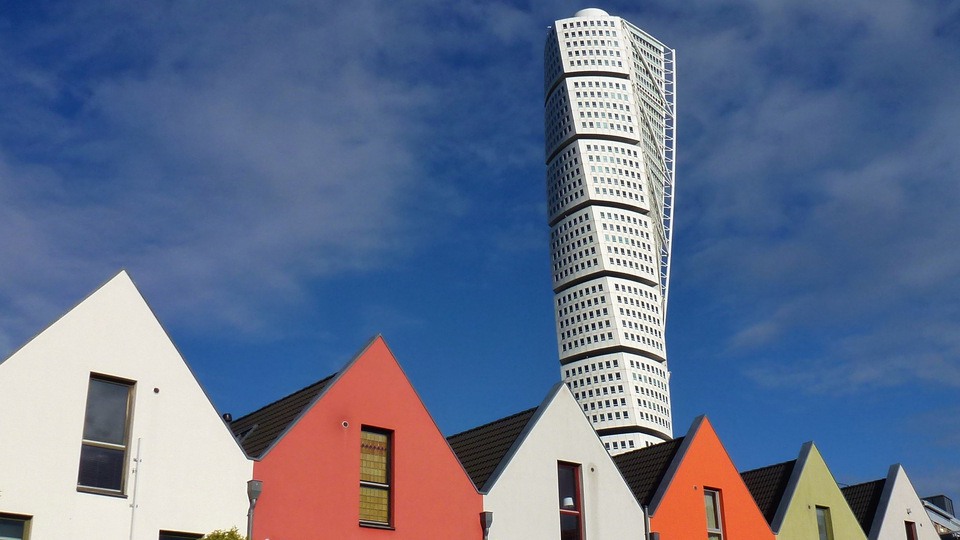
About the project
The RECREATE project aims to create sustainable, resilient and liveable cities through the perspective of urban metabolism analysis.
Objectives
- Identify key inherent strengths and the current sustainability status of four study cities: Beijing, Malmö, Shanghai and Vienna.
- Analyze the urban systems in terms of metabolism, trade-offs of efficiency and redundancy, and ecological footprints.
- Identify pathways and key opportunities where cities can foster the transformation to be more liveable, circular, and resilient.
- Identify key current challenges hindering evolution to the circular economy.
- Assess the ecological footprints of future scenarios in the studied cities that embrace a circular economy/industrial symbiosis approach, whilst minimizing life cycle environmental impact and remaining within reasonable local boundaries of shared resources.
Activities
Work package 1: Data collection and scenario development
This activity sets the foundation of the project by compiling baseline data for the four study cities: Beijing, Malmö, Shanghai and Vienna. This includes a review of the current status of each city and compilation of the data in an urban metabolism network developed by the project. Lastly, the storylines for scenario assessment in each city is developed for feeding into the other work packages.
Work package 2: Urban metabolism analysis
This activity quantitatively studies the four cities using three different yet complementary analysis methods: network analysis, robustness analysis and footprint analysis. Not only will the plurality of these methods allow for a wider comparison of the outcomes of the cities, but it will also provide a comparison of the strengths and weaknesses of these common singly-applied methods.
Work package 3: Resilience assessment
This activity establishes an indicator system of urban resilience with special consideration of resource use. It will conduct uncertainty analysis of the urban metabolism network simulation in terms of its implication on urban resilience, and stress test the urban metabolism network with shocks under different external scenarios to investigate its influences on urban resilience.
Work package 4: Stakeholder participation and analysis
This activity works with stakeholders in the study cities to cogenerate policy options and employ stakeholder elicitation to find acceptability levels of the proposed options. The shared values of groups in Shanghai and Vienna, including typically marginalized groups, will be elicited and crystallized using a values-based approach, and used to guide the selection and pre-evaluation of candidate solutions.
This project has received funding in the framework of the Joint Programming Initiative Urban Europe: Sustainable and Liveable Cities and Urban Areas, with support from the European Union’s Horizon 2020 research and innovation programme under grant agreement No 857160.


